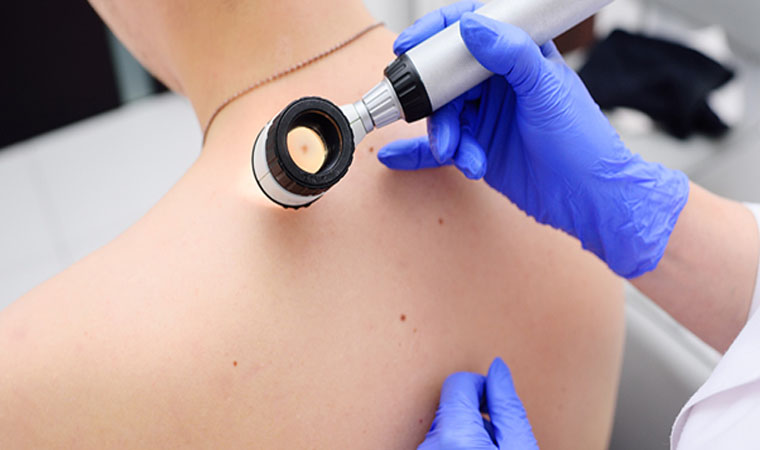Melanoma is not the most common type of skin cancer. It is, however, considered the most dangerous because of its ability to spread quickly. Fortunately, if caught early, melanoma is very treatable. A comprehensive skin treatment Midland MI can identify and confirm a diagnosis of melanoma.
Melanoma lesions often appear as large moles, so it can be difficult to distinguish them from harmless skin variations. The following are signs that a skin lesion may be malignant.
Size
A dark spot or mole that is larger than the diameter of a pencil eraser should be evaluated right away for melanoma, especially if it wasn’t there before. An existing mole that changes size to become larger is also very suspicious for malignancy.
Color
Melanoma lesions can vary in color, having shades of white, brown, black, or tan. Sometimes there are even spots of blue or red. As the melanoma evolves, it can also change colors.
Shape
A melanoma lesion may be an irregular, asymmetrical shape, whereas a harmless mole is more likely to be round. The borders of a melanoma are also more likely to be poorly defined. It often has a scalloped appearance, i.e., it boasts a series of curved projections.
Change
A mole usually stays more or less the same over time. As a melanoma lesion grows, it tends to go through changes to its size, shape and color, becoming larger, more asymmetrical, or changing in appearance. Dermatologists have created a mnemonic device to help patients recognize signs of early melanoma and have it treated early. The acronym ABCDE stands for asymmetry, border, color, diameter (size), and evolution (change). Recognizing and treating melanoma before it has a chance to spread improves the prognosis dramatically. Once it has spread, however, it becomes very difficult to treat, and the prognosis becomes very poor because treatments are not as effective.










